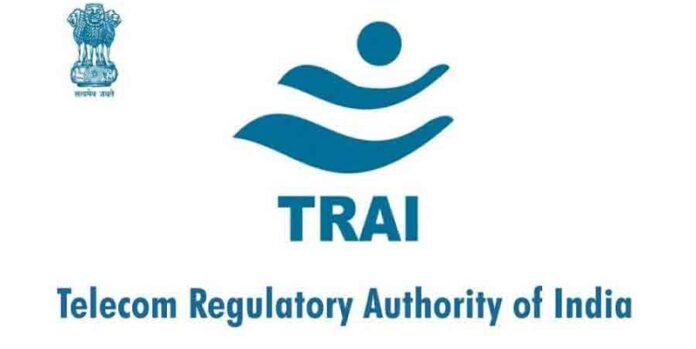In a bid to combat rampant spam and restore consumer trust in commercial communications, the Telecom Regulatory Authority of India (TRAI) has launched a pilot project in collaboration with the Reserve Bank of India (RBI) and select banks to test a secure digital consent system. The initiative, which began with a formal direction to all telecom operators on June 13, is expected to serve as the first phase of a national roll-out aimed at cleaning up unsolicited and fraudulent messaging.
The pilot comes amid rising complaints from mobile users about receiving spam messages and promotional calls from businesses they had previously interacted with. TRAI investigations revealed that many of these entities claimed to have obtained user consent, but often through unverifiable offline methods or dubious data-sharing practices.
Under existing rules outlined in the Telecom Commercial Communications Customer Preference Regulations (TCCCPR), 2018, businesses are allowed to send commercial messages to users even if they have activated Do Not Disturb (DND), as long as they have prior consent. However, with most consents collected on paper or without proper verification, it has become difficult to determine which ones are valid and which are misused.
TRAI’s solution is to shift this consent system entirely online. The new digital framework mandates that commercial entities obtain consumer consent digitally and register it on a secure, interoperable platform maintained by telecom service providers. This would allow for quick and reliable verification of permissions before any promotional message is sent.
The banking sector has been chosen for the pilot phase, given the high number of financial frauds and spam complaints related to the sector. The digital consent system will operate within a Regulatory Sandbox, an experimental framework that allows for real-world testing of new technologies in a controlled setting. The aim is to evaluate whether the system is technically sound, operationally viable, and easy to scale across other sectors.
The pilot gains particular relevance in light of recent high-profile scams reported from the Andaman and Nicobar Islands. In one instance, a cyber scam in South Andaman led to victims being duped of nearly ₹10 lakh. In another case, a Wimberlygunj woman lost money to a fake job offer, highlighting how misleading calls and fraudulent communications continue to exploit unsuspecting citizens.
For consumers, TRAI’s initiative could provide better protection against such scams by ensuring that commercial calls are made only with verified, traceable consent. For businesses and banks, the system offers a path to build trust without breaching regulatory boundaries.
TRAI has already taken steps to curb unsolicited messaging, including enabling users to report spam even without DND registration and ordering the disconnection of telecom resources used by unregistered telemarketers. Yet, verification of consumer consent has remained a key weak spot in enforcement.
By establishing a digital audit trail for each consent, the new framework aims to eliminate ambiguity. If successful, the pilot will pave the way for expansion into other high-volume sectors such as e-commerce, insurance, and healthcare.
TRAI reiterated its commitment to consumer safety and said it will continue working closely with sectoral regulators and industry players to ensure India’s digital communication space becomes safer, cleaner, and more transparent for all.





